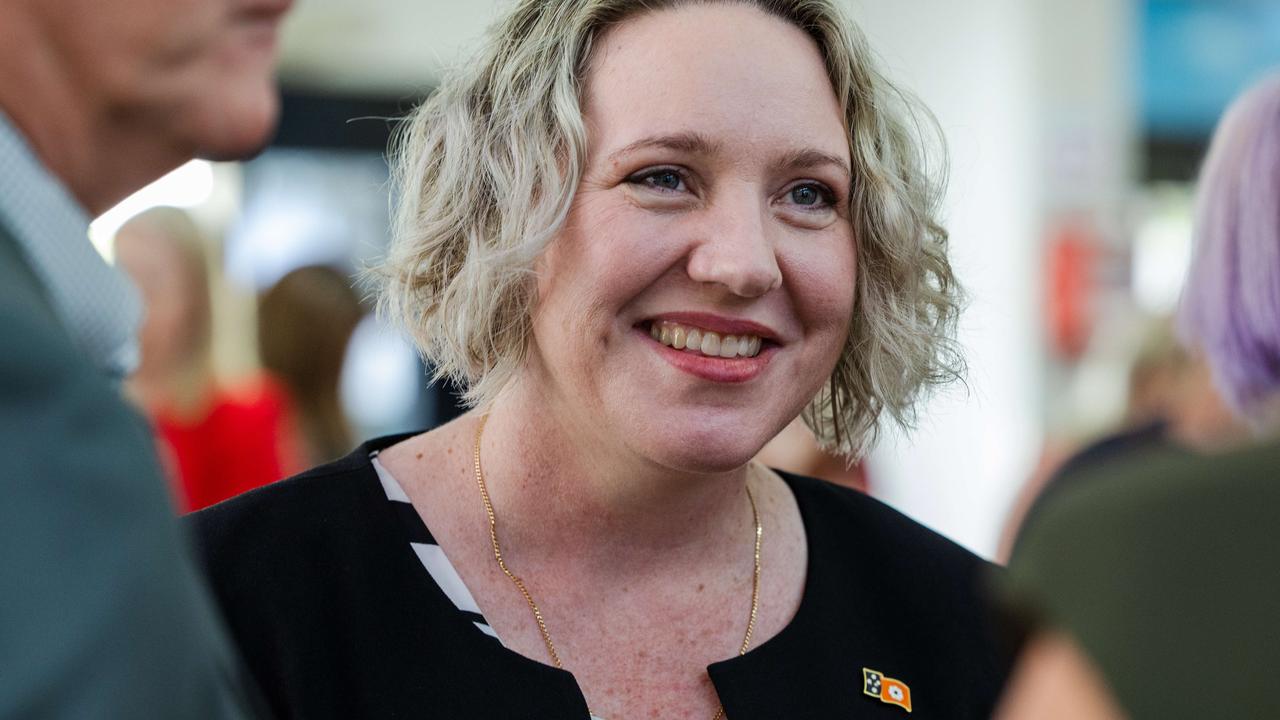National Rural Health Alliance chief executive Susi Tegen makes election remote healthcare wish
When Susi Tegen thinks about the quality of healthcare in the remote Northern Territory, she is almost immediately angry. Find out why.
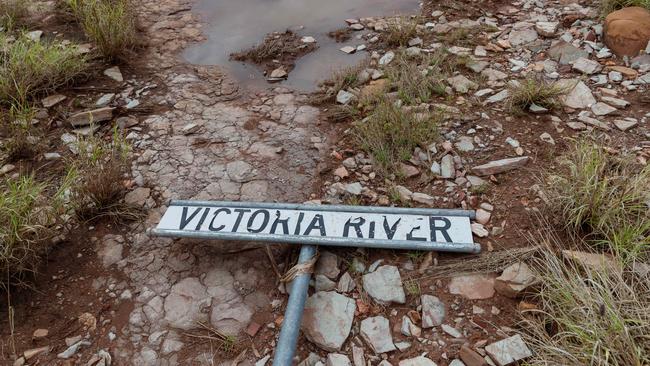
Northern Territory
Don't miss out on the headlines from Northern Territory. Followed categories will be added to My News.
When Susi Tegen, the chief executive of the National Rural Health Alliance (NRHA), even begins to think about the quality and accessibility of healthcare in the remote Northern Territory, she is almost immediately overcome by anger.
“It’s actually outrageous when you really think about it,” Ms Tegen told the NT News.
“People in isolated communities – whether they are of Indigenous background or not – often don’t have access to the health services, funding and policies that allow for long-term initiatives.”
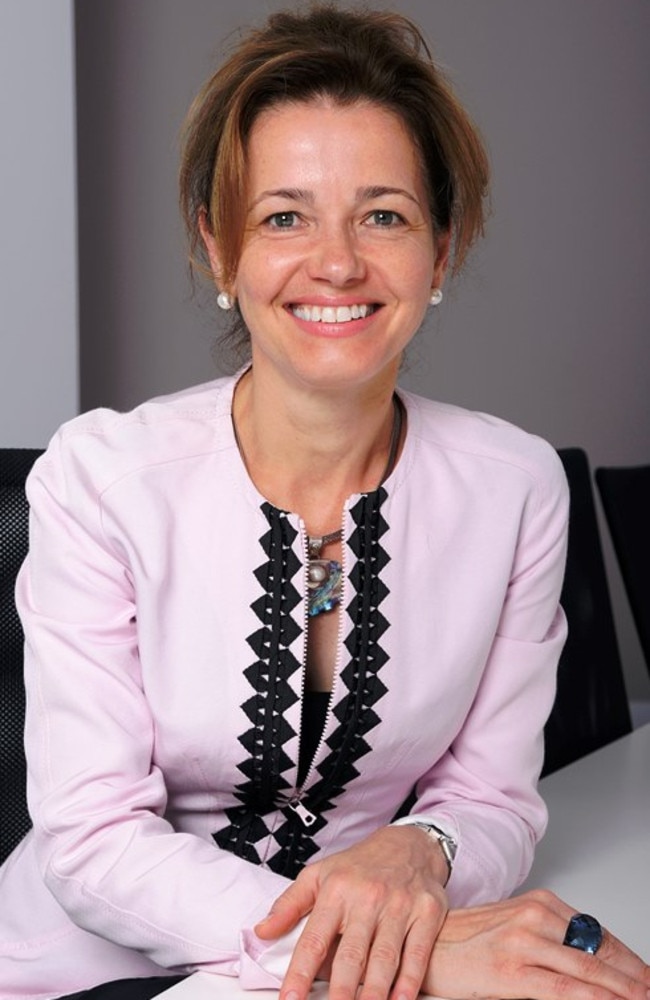
With the election looming, Ms Tegen has pitched for a better deal for remote communities from the federal government.
Her election wish is for the political parties to look into the NRHA’s proposals put forward for rural communities and consider putting funding towards it – or at least come to an agreement.
About 28 per cent of the population live in rural and remote areas, according to data by the Australian Bureau of Statistics, with many of these areas typically under-represented in terms of healthcare options.
Ms Tegen, who has served a lengthy career in healthcare spanning about two decades, says remote communities often do come up with innovative solutions for improving healthcare outcomes, but said they are usually shut down only a short time later for political reasons.
“Communities will come up with these really great solutions that work for them, the government will then give them funding for it, but all of a sudden politicians go, ‘Well, we’re just going to cut this’,” she said.
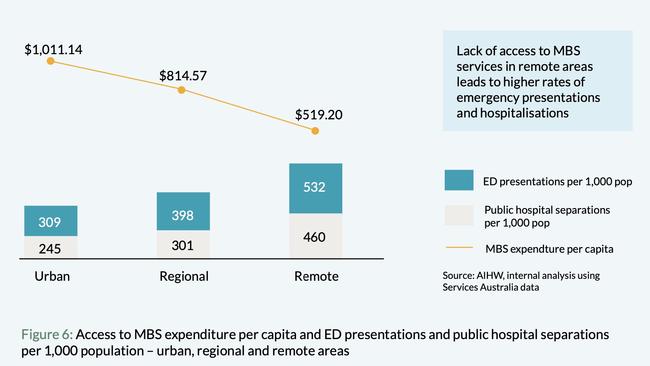
“Just because you live out of a city doesn’t mean you’re not important and you’re not Australian.
“They’re not in a Third World country, but we treat them like they are.”
Ms Tegan acknowledged that while education was evidently a crucial aspect of closing the gap, healthcare was equally as important to Indigenous people, who are often subject to far greater health risks and a far lower life expectancy than non-Indigenous people.
“If you have good health then you feel good about yourself; if you don’t, things feel hopeless,” she said.
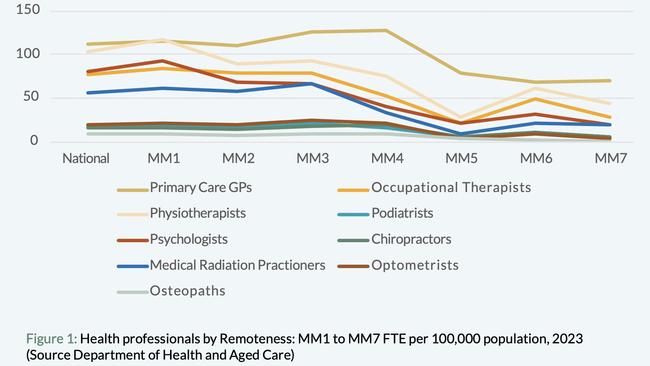
“It doesn’t matter what people believe politically … [and] the result of the referendum is totally irrelevant to this … healthcare shouldn’t be politicised.
“These are Australian citizens and we need to look after them and we need to make sure that they have access to the same healthcare and the same funding and flexible funding the way everyone else in Sydney and Melbourne does.”




